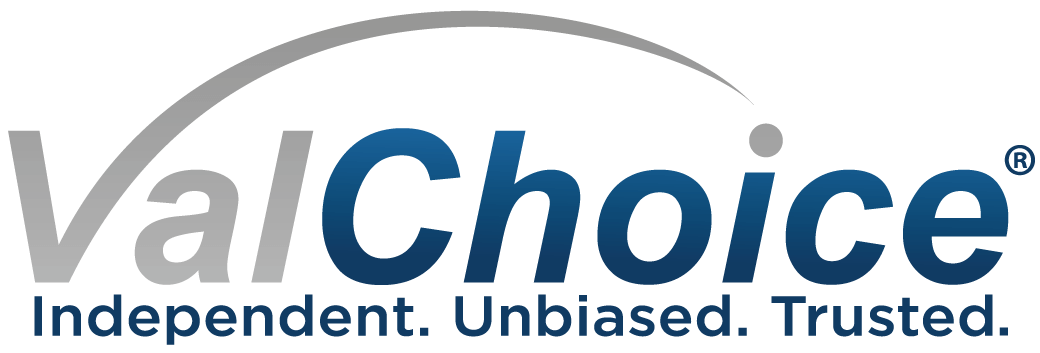The psyche of selling and being sold to is complicated. I must admit, I think of myself as a bit of an expert in this field. The reason I’m a self anointed expert is because I’m a really poor sales person. Surprisingly, for nearly 15 years my business card had a title that included “sales,” but I felt like a fish out of water the entire time. I never wanted to be a sales person. I never thought I was any good at it. But, I felt stuck because the results were pretty good.
Now my career is completely different. Instead of being a sales person, I’m a data analyst, technologist and startup founder. I love this role. I’m finally at peace with my career. However, as a company founder, I’m still the chief sales person. And, I still don’t like it.
A Unique Perspective
First off, don’t get me wrong. I don’t dislike sales people. I dislike being a sales person.
The unusual combination of disliking the job and having done the job for many years gives me a unique perspective. It’s almost like an ‘out of body’ experience. The interesting point though is that while I assess my sales skills as poor, I had a pretty successful run in the role. Why? Does that mean anybody can be good at sales?
The Psyche of Selling, and Being Sold
Here’s where the introspection gets interesting. The harder I tried at sales, the worse the results were. When the pressure peaked, I dipped. That’s not normal. Typically, if a person tries harder to do something, they will improve. Not me.
I suspect this issue isn’t isolated to me. Instead, I believe the issue is that most people don’t want to be sold. They want to weigh the factors and make their own decision. Importantly, weighing the factors needs to be easy to do. Where the “selling” and “being sold” interaction breaks down is when the sales person is selling too hard. That’s most likely when the pressure is high.
How I Became a Top Performer at Sales
Good products make great sales people. I was lucky in my career that I had the opportunity to represent some great products and great companies. However, most effective at selling these products wasn’t my word, my opinion or even my smooth presentation of the products capabilities. No, instead the most effective approach was using third party data. Third parties that had no stake in the transaction.
This approach to selling completely removes the wants, needs and desires of the sales person from the interaction. Instead, the prospect is making a decision based on what others have observed about how the product performs.
As a VP of sales in the tech world, the following techniques made our entire team appear to be star sales people:
- Citing others success
- Quoting third party performance metrics
- Sharing information about publicly disclosed deployments that worked well
This approach helped me to propel a startup company to become one of the fastest growing semiconductor companies, ever, from $0 to $100 million in revenue. From the outside it may have looked like brilliance. From the inside it was an approach used out of necessity to overcome my inherent weakness as a sales person.
To learn how ValChoice can transform your insurance sales process, click the button below.
The Worst Part of Insurance Sales
I don’t sell insurance, but I do sell to people who sell insurance. In this role I get to watch the amount of effort agencies put into shopping (re-marketing) their clients to ensure they have the best price. It’s painful to watch. When I see the amount of time spent re-marketing, my main thought is pity for the person doing the work. The policyholder is mad their price went up and the work is boring and unfulfilling.
My second thought is an image of money on fire. In the end, nobody ends up in a different place. The client only saved money for the term of the the policy, then the price of the new company goes up too. In effect, profits were incinerated, and most likely the consumer had worse protection. And the hidden part consumers don’t see, customer churn is expensive. Customer churn puts a drag on profitability for the carriers that has the effect of increasing rates across the industry.
As a measure of how fulfilling the re-marketing process is, would anyone not choose an automation system that delivers:
- An 80% reduction in re-marketing requests
- No reduction in policyholder retention
- CLICK HERE to calculate how much increased profit this would bring your agency
Applying Lessons From Selling Tech to Selling Insurance
Third party ratings are the answer. Not ratings on financial strength. That’s not an issue with which policyholders deal with regularly. Instead, the metric consumers need is how insurance companies perform when paying claims.
ValChoice has automated the process of providing third party analysis throughout the sales process:
- Renewals
- Book rolls / book consolidation
- Cross sell
- Upsell
- Look alike referrals
- And more
This third party data can enable sales people to be far more productive, just like it made a poor sales person (me) into what appeared to be a great sales person. The delivery of this information is also automated so agencies can get maximum performance from their teams, even when the team is understaffed or unavailable.
The Results
ValChoice software transforms the lowest performing sales people into masters class performers. In fact, it’s all automated. The sales person simply needs to follow up when action items are assigned.
This is easier on the sales person and easier on the client. Everybody benefits. To learn more, click the button below.



Comments are closed.